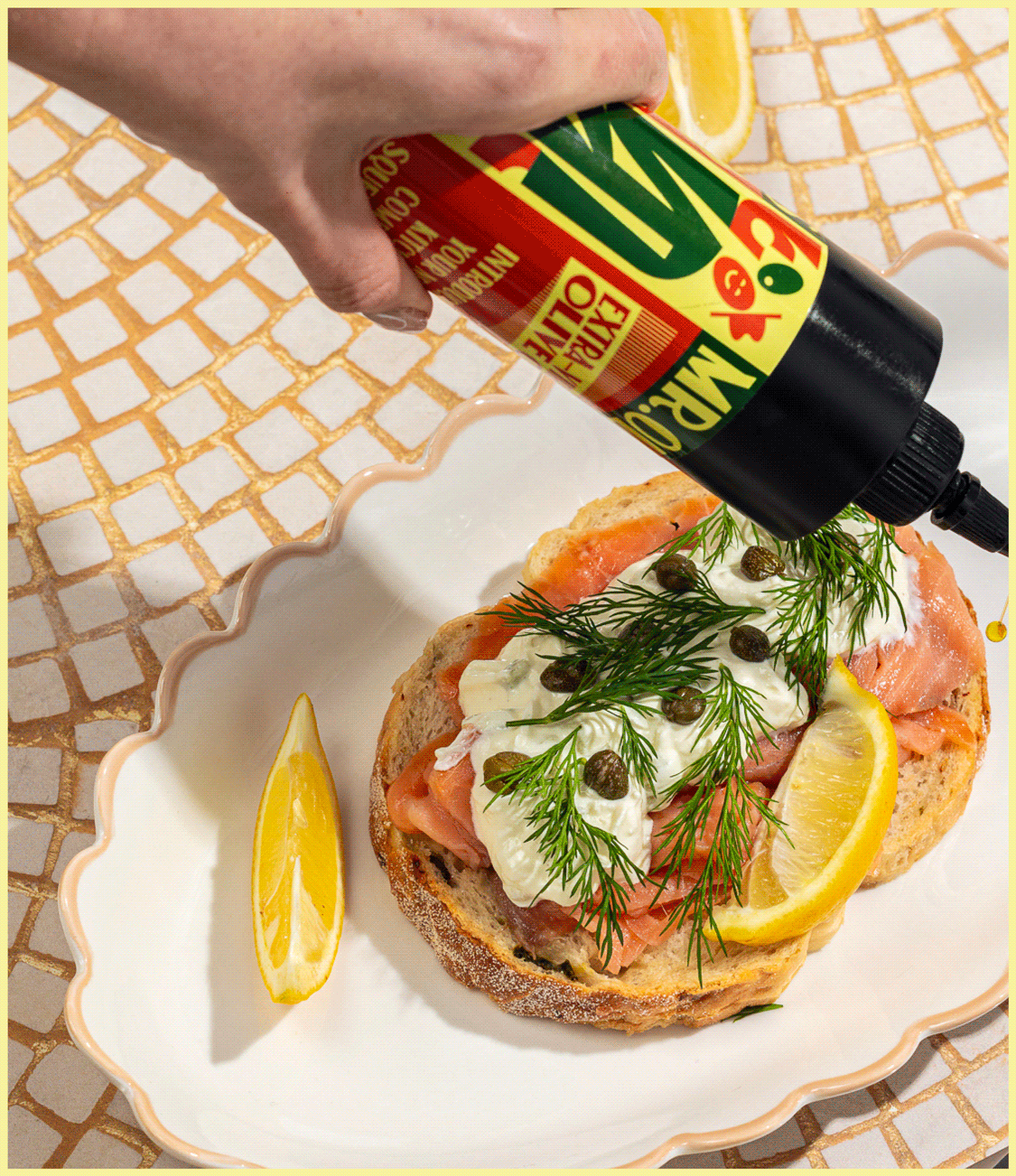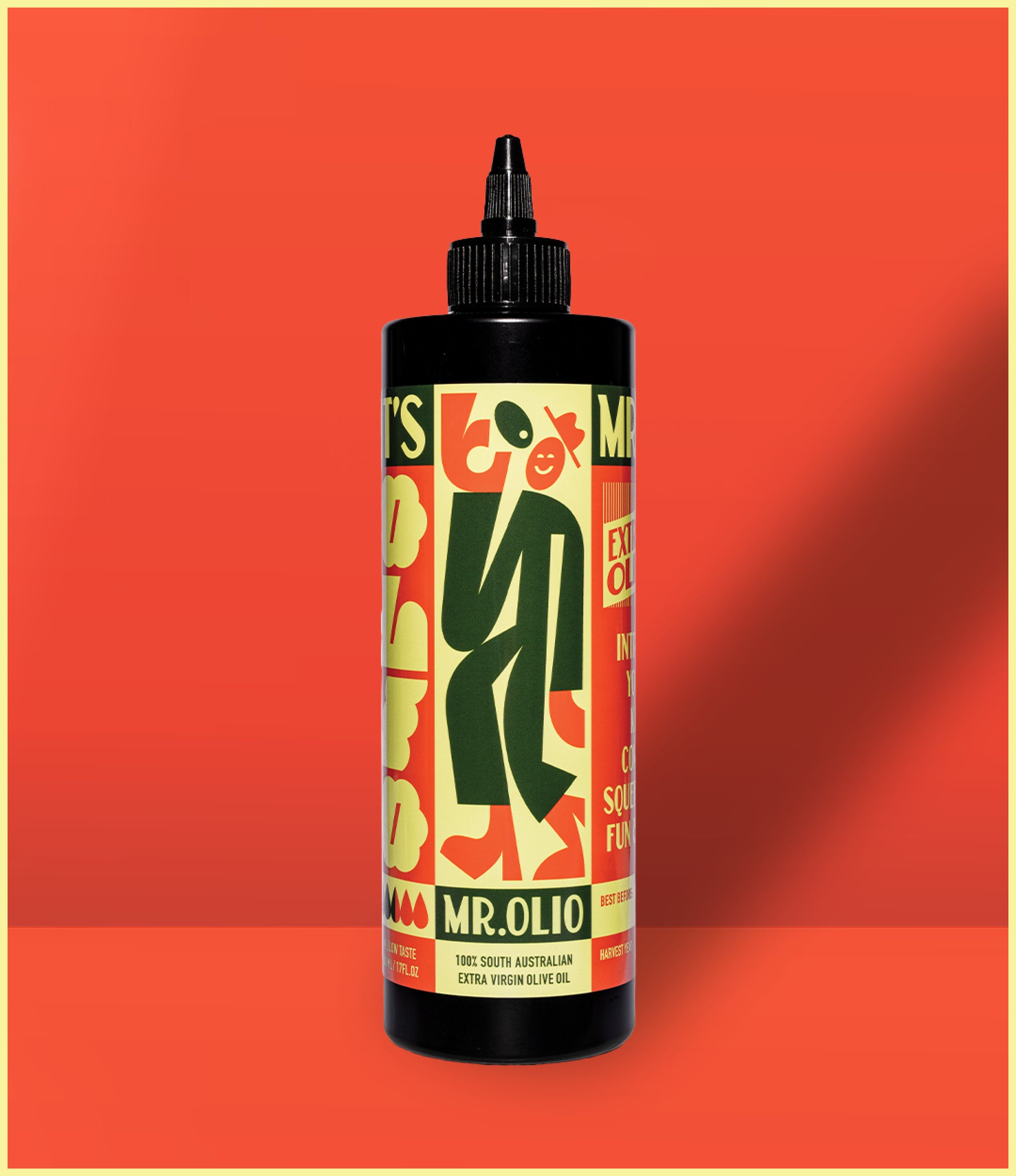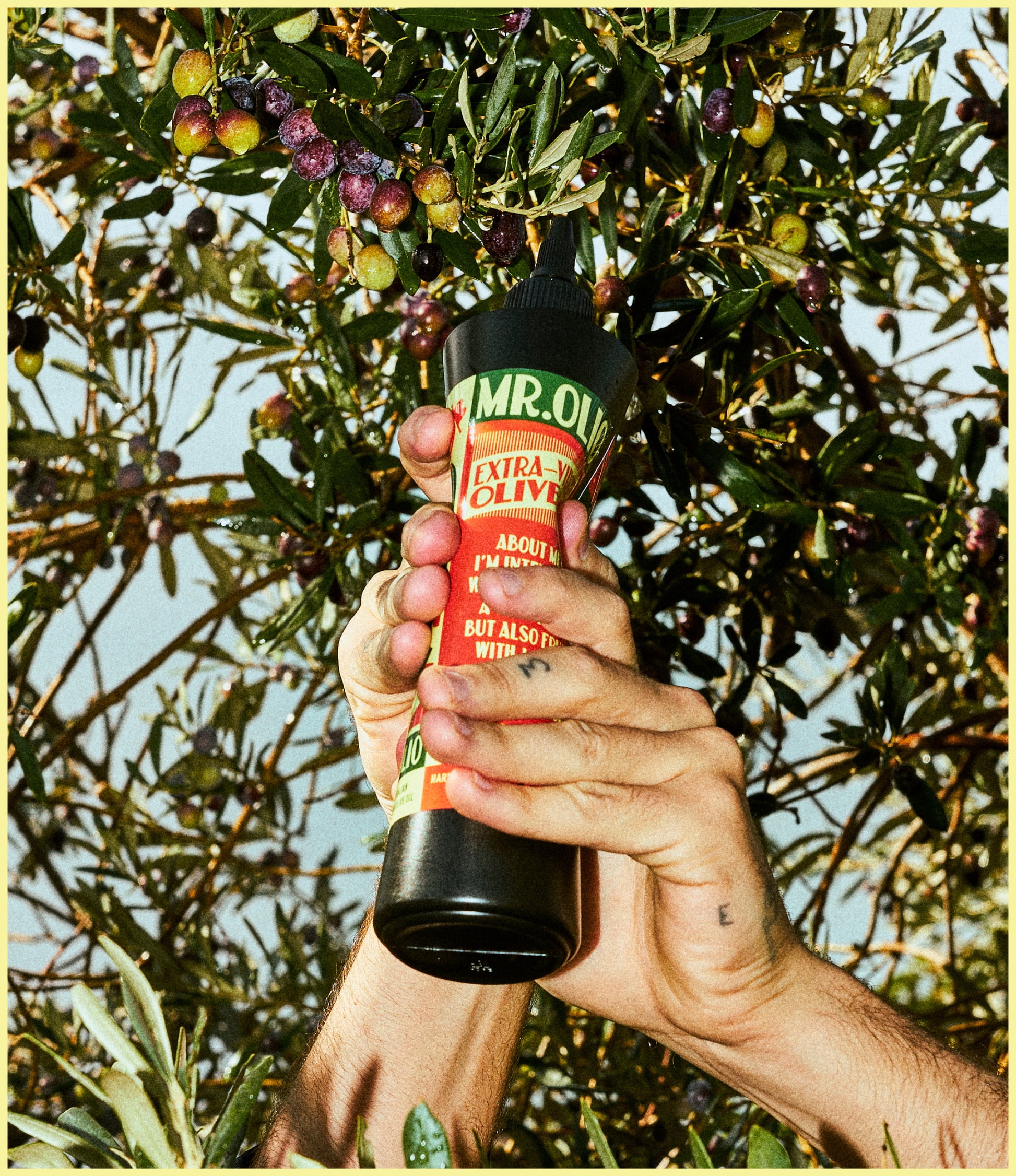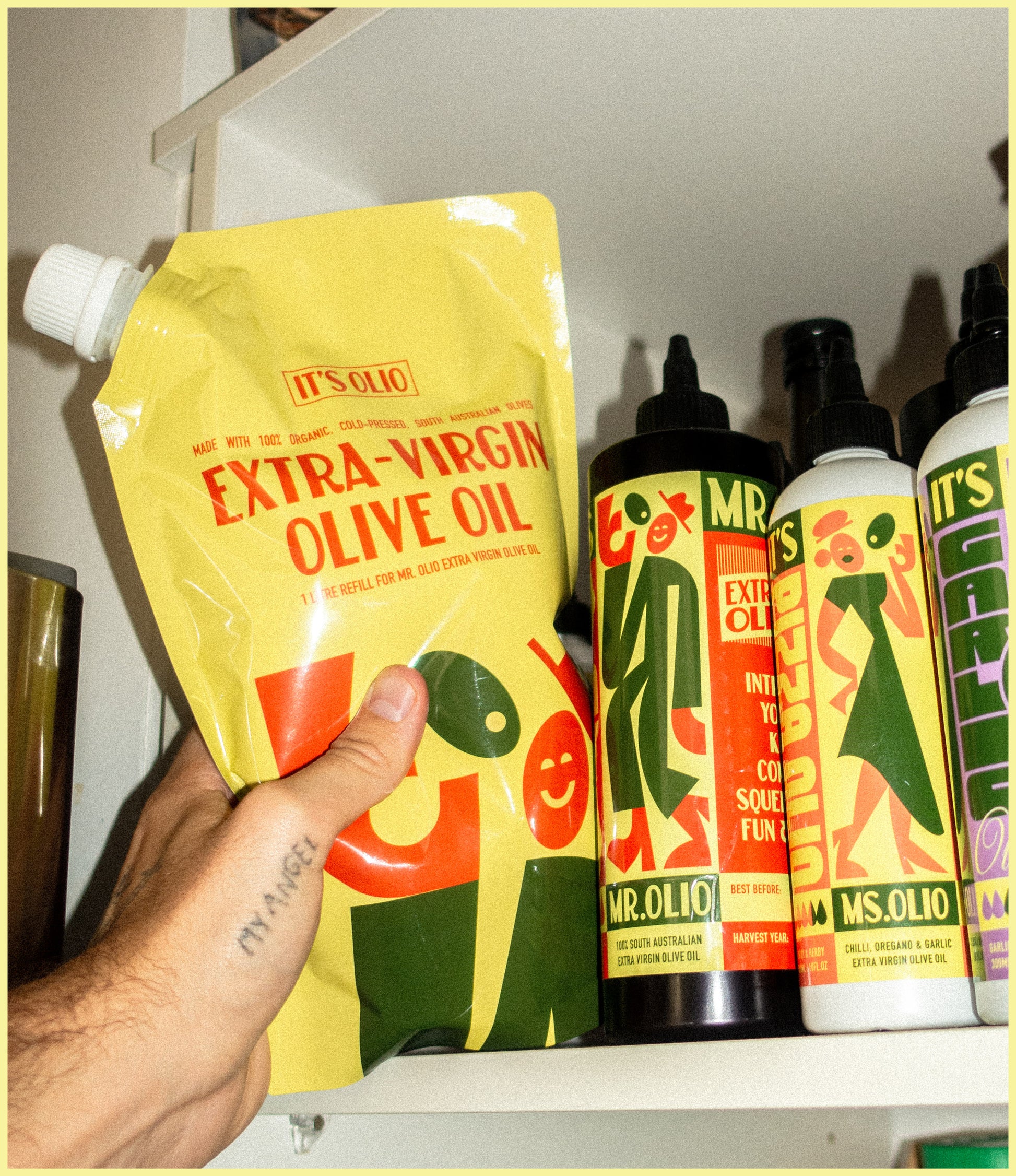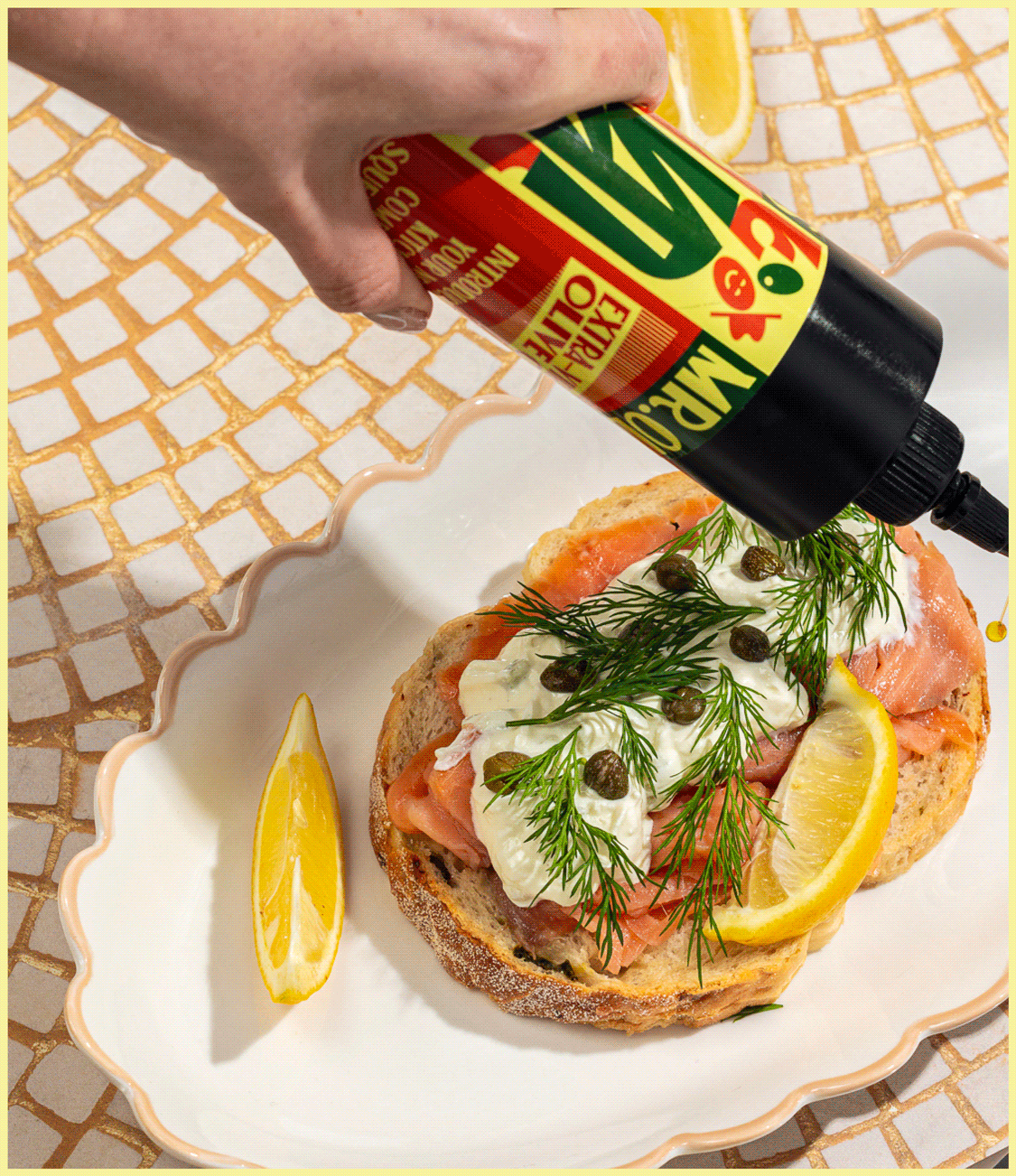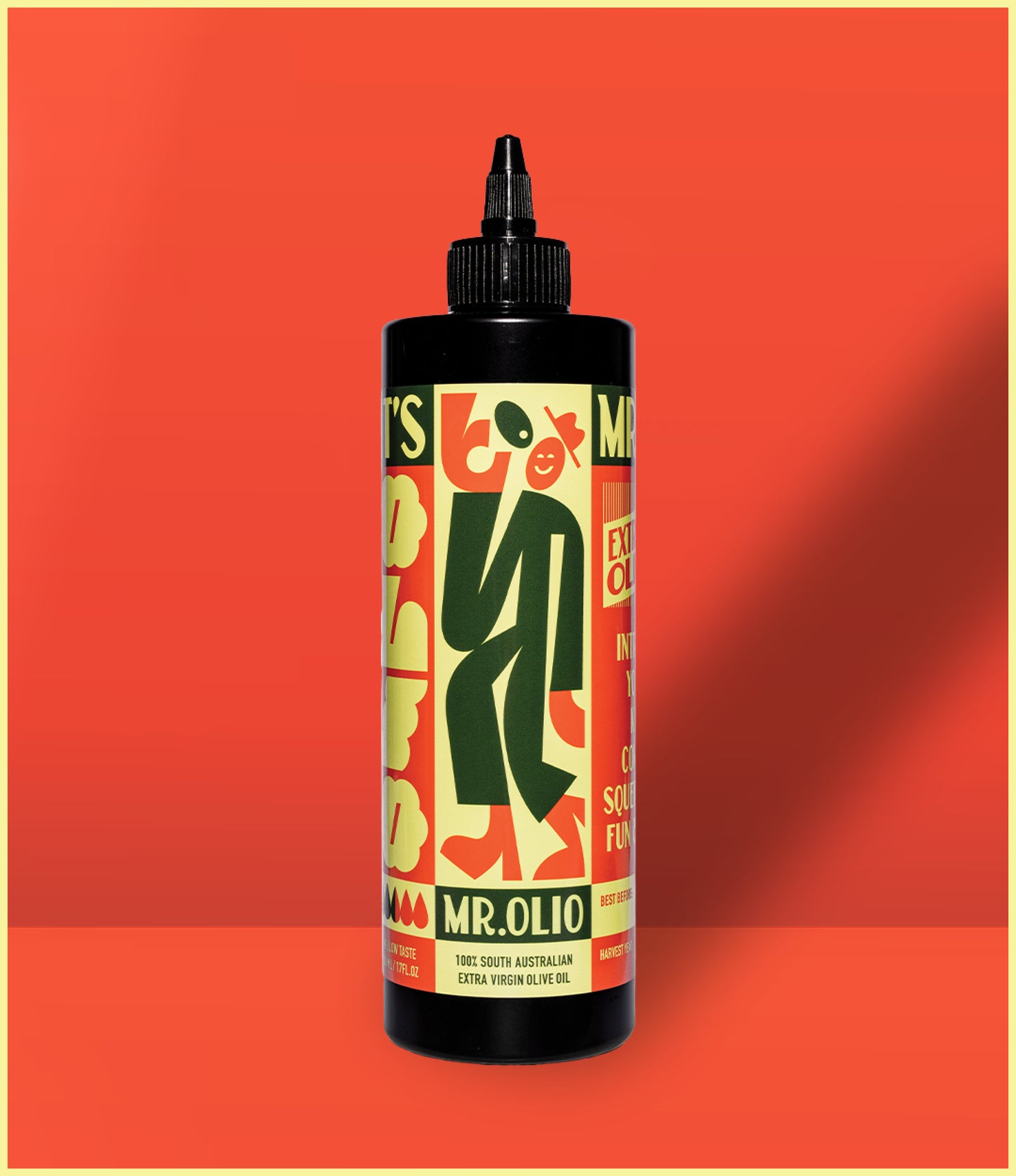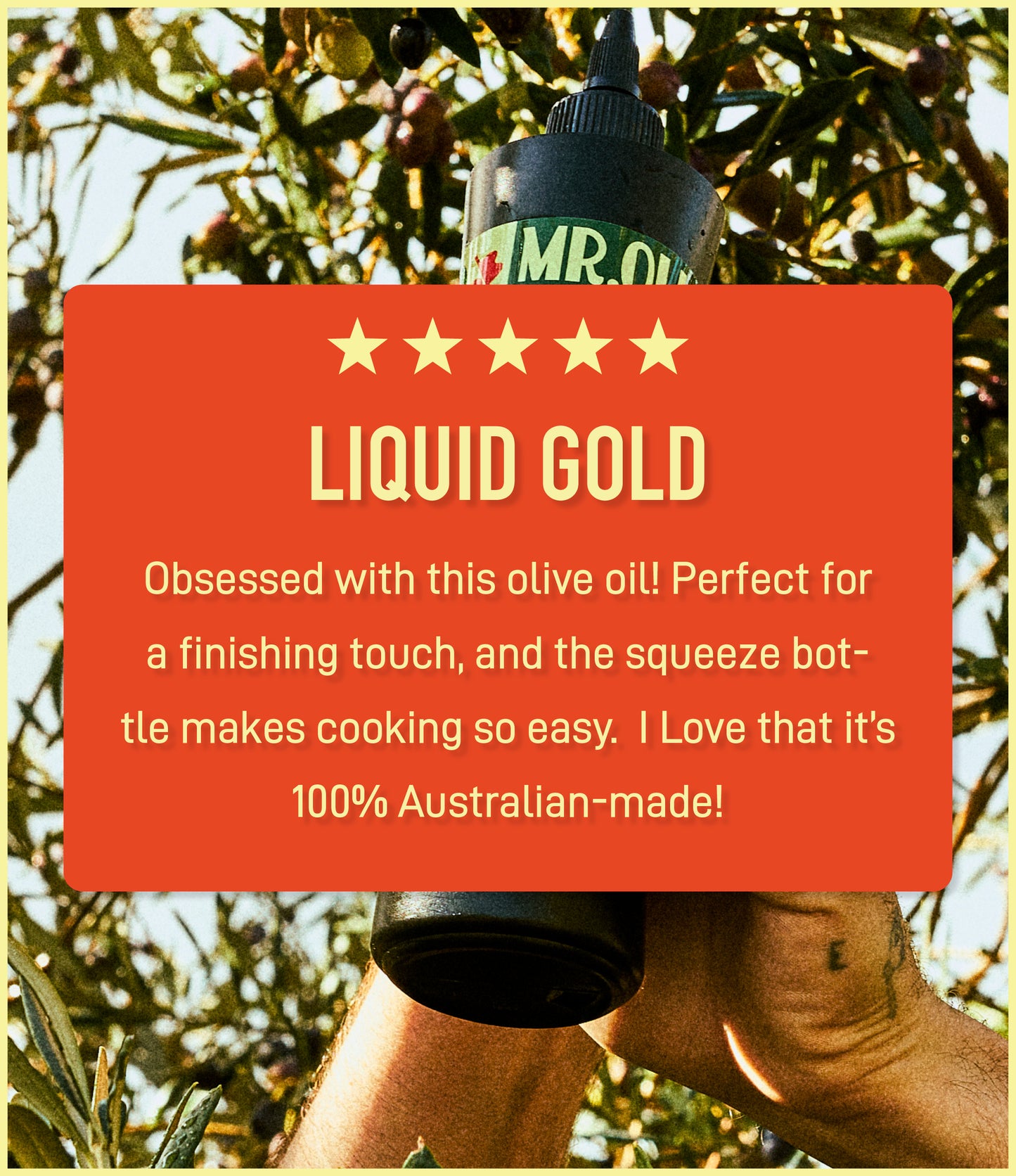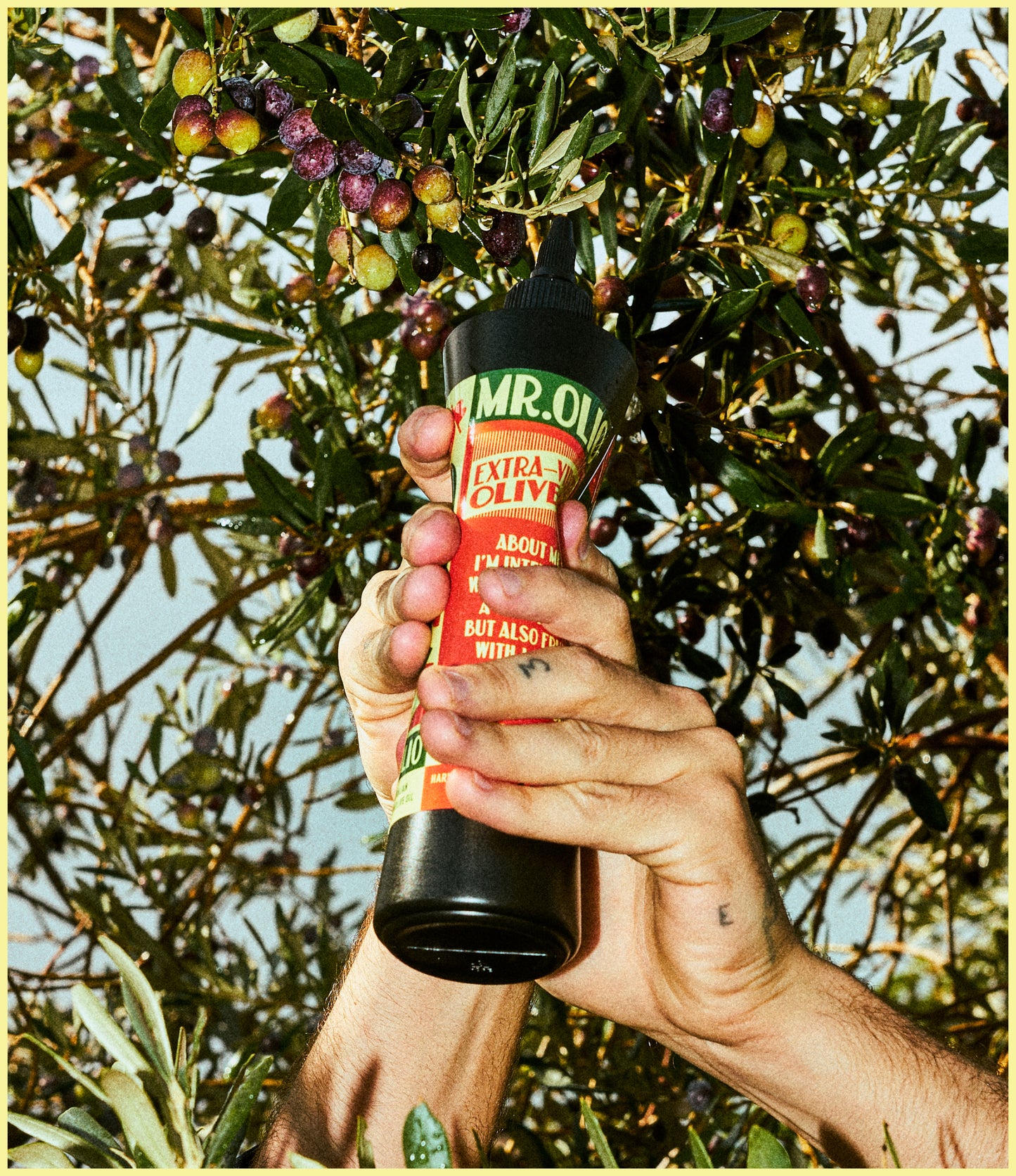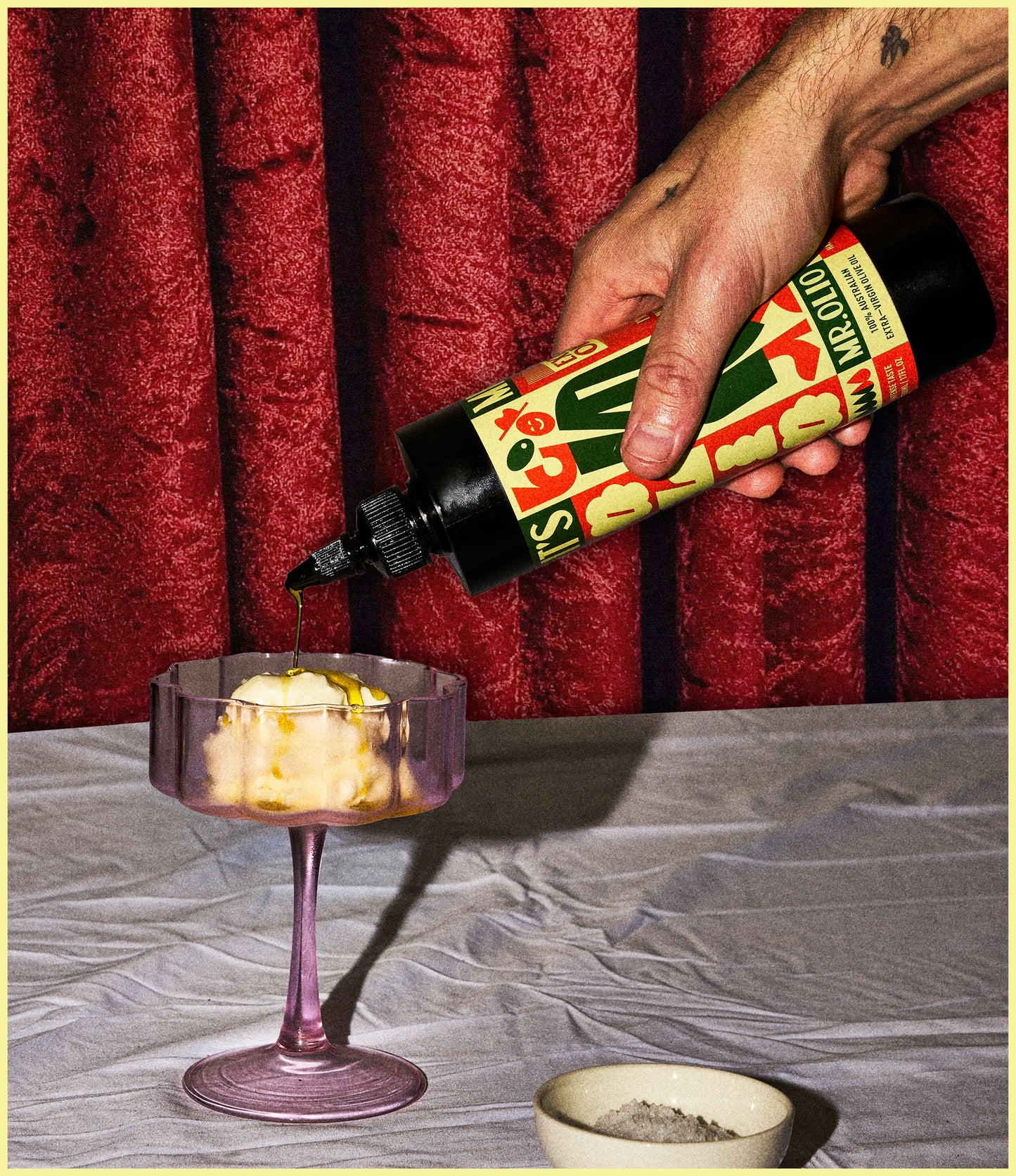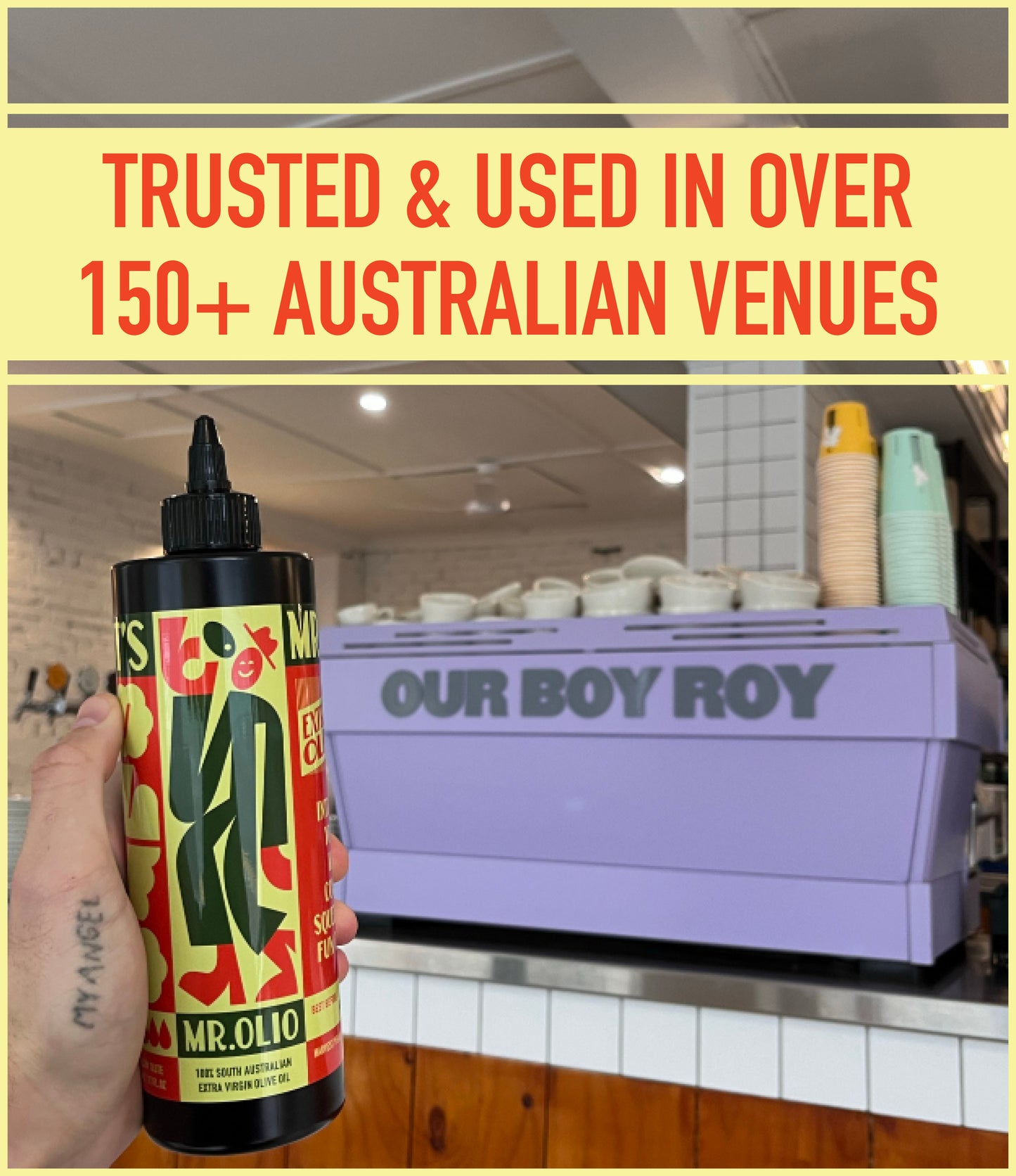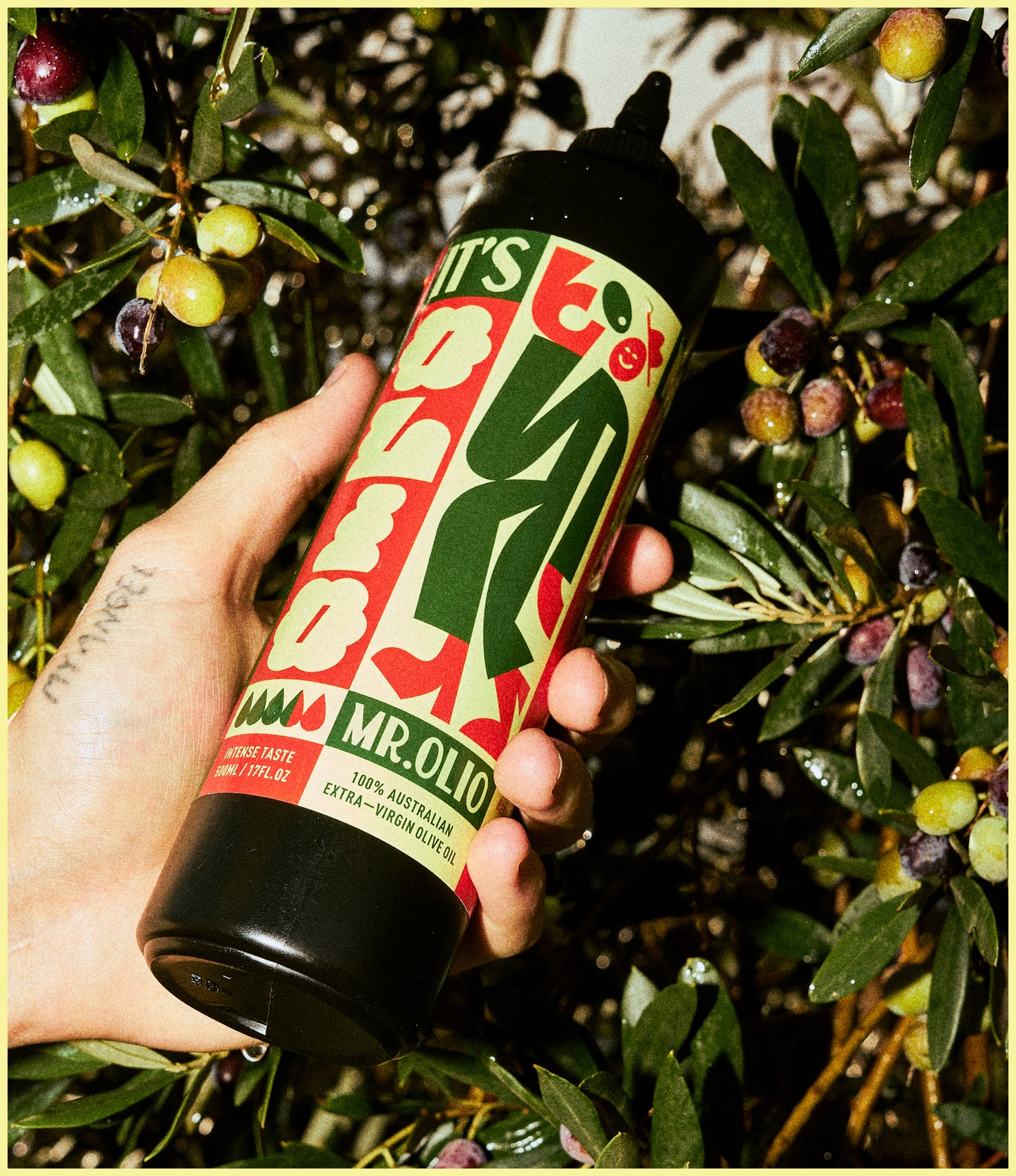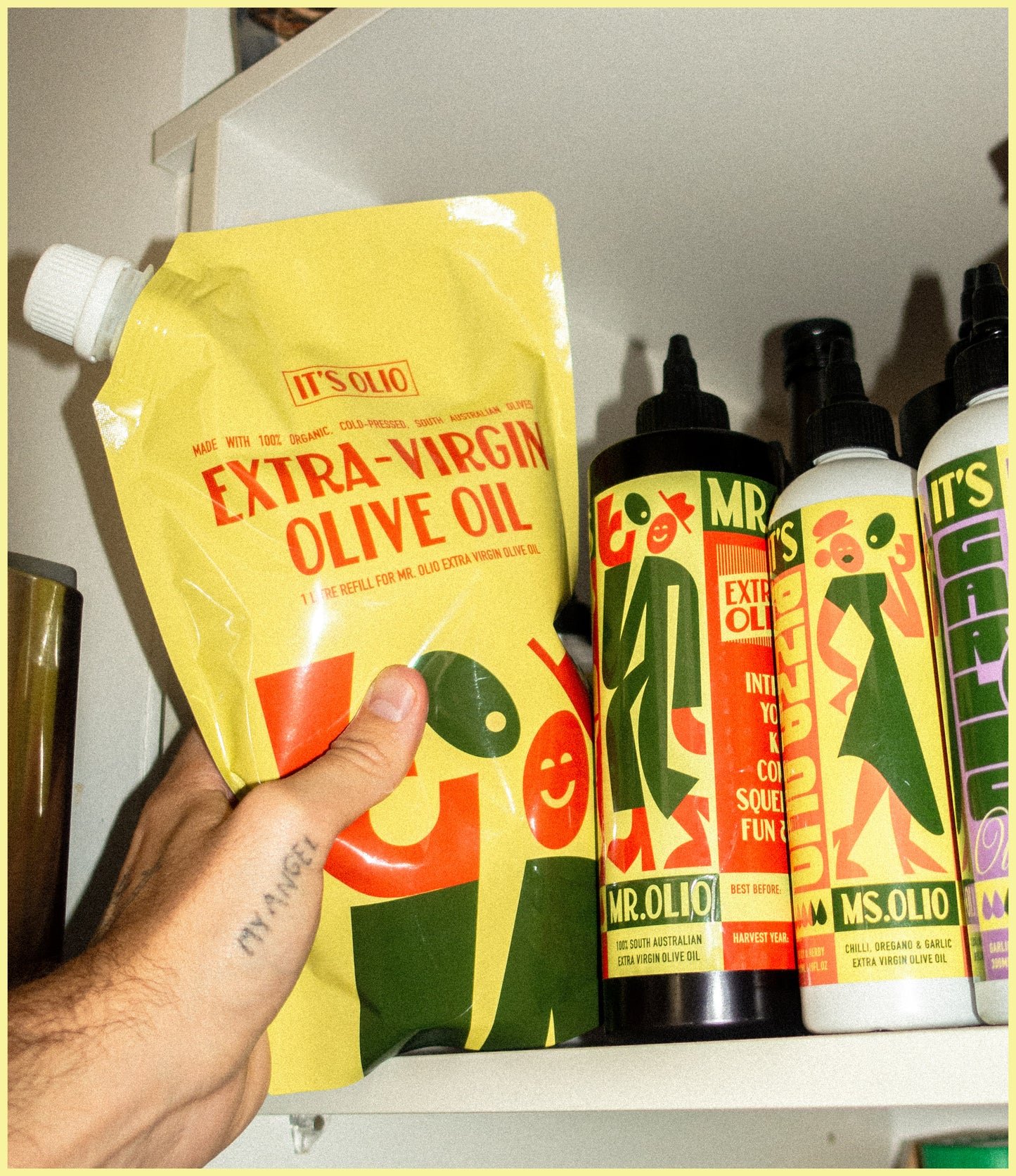WHAT QUALIFIES OLIVE OIL AS "EXTRA VIRGIN" ?
In Australia, for olive oil to be classified as Extra Virgin Olive Oil (EVOO), it must meet strict, specific standards set by organisations like the Australian Olive Association (AOA) and the International Olive Council (IOC). The key qualifications are:
-
Production Process:
-
Mechanical extraction: EVOO is made solely by mechanical means (no heat or chemicals). It's produced by crushing olives and extracting the oil without altering its natural properties.
-
Cold-pressed: To maintain its purity, the oil must be extracted at temperatures below 27°C (80°F). Higher temperatures can degrade the quality of the oil. This also ensures it retains all it's nutritional value, making Extra Virgin Olive Oil such a great choice for healthy cooking.

-
Mechanical extraction: EVOO is made solely by mechanical means (no heat or chemicals). It's produced by crushing olives and extracting the oil without altering its natural properties.
-
Chemical Composition (technical stuff)
-
Acidity level: Extra virgin olive oil must have a free acidity (expressed as oleic acid) of no more than 0.8 grams per 100 grams (0.8%). Lower acidity levels indicate higher-quality oil.
-
Peroxide value: This measures the level of oxidation, and for EVOO, it should be less than 20 milliequivalent of oxygen per kilogram. Low peroxide values indicate freshness and proper storage.
-
Other parameters: The oil must meet certain standards for things like ultraviolet absorbance and fatty acid composition to ensure authenticity and quality.

-
Acidity level: Extra virgin olive oil must have a free acidity (expressed as oleic acid) of no more than 0.8 grams per 100 grams (0.8%). Lower acidity levels indicate higher-quality oil.
-
Sensory Qualities (Organoleptic evaluation):
-
Flavour and aroma: EVOO must have a fresh, fruity flavour with no defects. Common descriptors include notes of grass, fruit, and herbs.
Tasting nothing but blandness? That's probably not Extra Virgin Olive Oil then x
-
No defects: Defects like rancidity, mustiness, or fustiness (caused by poor-quality olives or improper processing) disqualify the oil from being labeled as extra virgin.
- Bitterness and pungency: A slight bitterness and peppery sensation at the back of the throat are common in good EVOO, indicating the presence of antioxidants like polyphenols.
-
Flavour and aroma: EVOO must have a fresh, fruity flavour with no defects. Common descriptors include notes of grass, fruit, and herbs.
Now you see why all us Extra Virgin Olive Oil businesses love flexing the Virgin label... These stringent criteria ensure that extra virgin olive oil is the purest and most flavourful type of olive oil, with significant health benefits due to its antioxidants and healthy fats.
TIP: Some of the largest Olive Oil brands have been known to mix older olives with fresh ones, so if your goal is to get the freshest and healthiest olive oil, it's best to choose a smaller, preferably local brand.


